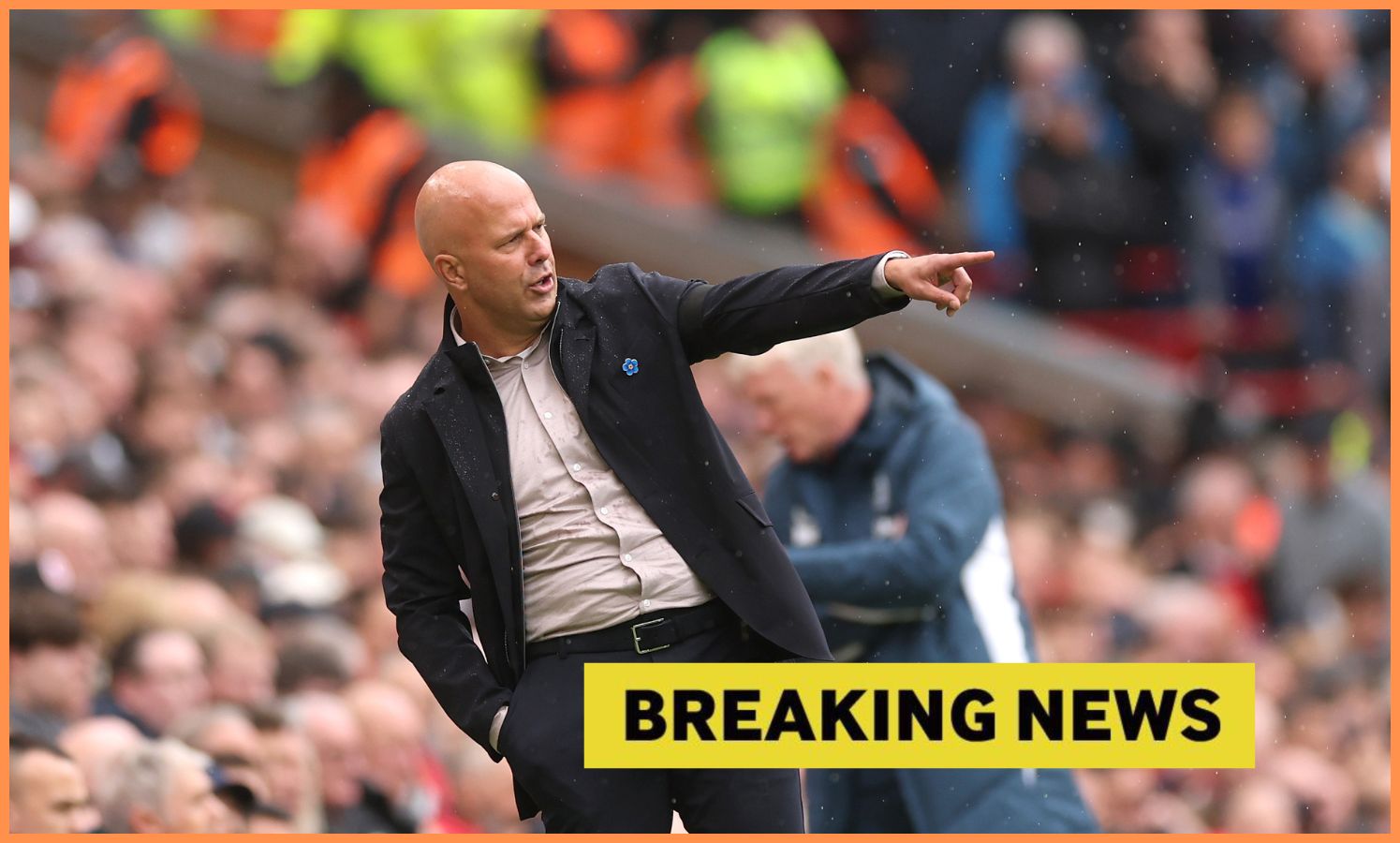PROTECT YOUR DNA WITH QUANTUM TECHNOLOGY
Orgo-Life the new way to the future Advertising by AdpathwayCompetitive people thrive on challenge. They chase situations where skill, chance, and quick thinking collide. That is why a crowded stadium or a buzzing online platform draws them in. Many fans try live betting, eager to bet during the game while the sport tension rises. Others explore a new casino called Vicibet to find fresh betting options and test their nerve. The chance to measure oneself in real time makes gambling feel like a match that never ends. Instead of waiting weeks for a league table to settle, results appear in minutes or even seconds. Wins are celebrated at once, and losses provoke the urge for a quick rematch. That rapid loop can pull a competitive mind deeper and deeper. Understanding why this happens is key to protecting people from sliding into harmful habits. The following sections break down the science, the psychology, and the social forces that turn a simple wager into a gripping obsession.
The Thrill of Immediate Feedback
For a person who craves competition, feedback is fuel. In a video game, a scoreboard updates every second. On a roulette wheel, the ball lands in under a minute. That speed gives the brain a powerful jolt. Researchers call it “variable ratio reinforcement.” The trick is simple: rewards arrive often enough to keep hope alive, but not so often that the pattern becomes boring. Slot reels, card flips, and in-play wagers all use this rule. Each near miss whispers, “Next time will be the win.” A competitive thinker hears that whisper as a challenge, not a warning. The same drive that helps an athlete train harder now pushes the gambler to place another chip. Rapid results also erase reflection time. There is no long pause to cool emotions or review strategy. Instead, the next round begins before disappointment fades. This pace locks attention on the table or screen, making the outside world fade like a blurred background.
The Role of Dopamine in Competitive Minds
Inside every brain, tiny chemicals send signals that shape mood and action. Dopamine is the star of the gambling story. It rises when people expect a reward, not only when they get one. This is why the clack of dice can feel as exciting as the payout. Competitive people already have dopamine spikes when they chase victory at work, on a field, or in a classroom. Gambling gives them a shortcut to that same high. The mix of skill and chance makes the release even bigger, because the outcome seems partly under control. Scientists have found that a single near win can trigger more dopamine than a small real win. For a mind focused on improvement, a near win sounds like proof that strategy is working. The next bet becomes a lesson, not a risk. Over time, the brain rewires. It starts to shout for the fast path to dopamine instead of waiting for a long sports season or a business project to finish.
Social Status and Bragging Rights
Competition rarely happens in silence. People compare scores, trophies, and leaderboards. Gambling fits this pattern. A flashy win can turn into an instant story, one that earns cheers in a group chat or likes on social media. Competitive people use these moments to signal skill and courage. Even when chance does most of the work, luck gets rebranded as clever strategy. This social spotlight pushes risk higher. A bigger bet promises a louder tale, and nobody wants to be the player who backed down. Casinos and betting apps understand this drive. They post running jackpots, share win alerts, and show usernames at the top of daily boards. Each notification tells other users, “Someone just won big; maybe you’re next.” The message hooks a rival instinct called social proof. If peers are playing, the lone holdout feels out of step. Saving face then mixes with the hunger to win, creating a double pull that keeps the next wager only a tap away.
Managing the Risk: Healthy Ways Forward
Competition is not the enemy; unbalanced habits are. The same focus that powers a marathon runner can also support safer gambling. Experts suggest a few simple rules:
- Set a strict budget before logging in or walking to the cashier.
- Limit play time with a phone alarm or calendar reminder.
- Keep wins and losses private to reduce the urge for public glory.
- Pair gambling with other hobbies so it never becomes the only source of excitement.
- Track emotions, noting when stress or anger sparks the desire to chase losses.
These steps work because they slow the speed loop and restore reflection time. Competitive minds love numbers, so turning self-control into a personal scoreboard can feel satisfying. Friends and family can help by treating gambling like any other sport: praise discipline, not just lucky breaks. If signs of harm appear—secret play, borrowed money, missed work—professional help is essential. Many regions offer free hotlines and support groups. With clear limits and honest feedback, the thrill can stay a game instead of becoming a trap.



















 English (US) ·
English (US) ·  French (CA) ·
French (CA) ·